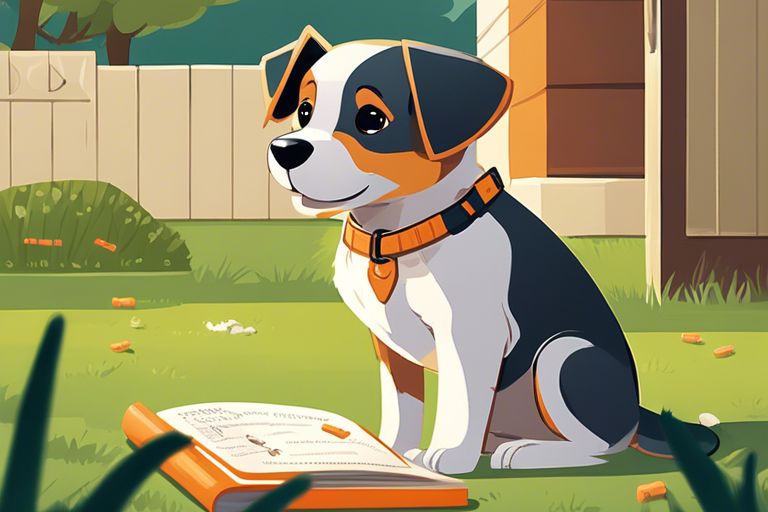Embarking on the journey of training your new furry friend can be both exciting and challenging. However, it is crucial to start training early in order to set your puppy up for success in the long run. The best age to start training your puppy is between seven to eight weeks old. This is the age when they are most receptive to learning and shaping their behaviors. Training your puppy at this age can help prevent negative behaviors from developing in the future, and ultimately strengthen the bond between you and your pet. Keep in mind that training a puppy requires patience and consistency, but the results are well worth the effort.
Assessing Puppy Temperament and Readiness
Your puppy’s temperament and readiness for training are important factors to consider before you start their training. Assessing their temperament will help you understand their behavior and how they react to different situations. It will also help you determine if they are ready for training and socialization.
Evaluating Puppy Temperament
When evaluating your puppy’s temperament, pay attention to how they interact with people and other animals. Observe their reactions to new experiences and environments, as well as how they handle challenges. Look for signs of fear, aggression, or shyness, as these can indicate that they may need more time to develop before starting training.
Socialization and Exposure
Socialization and exposure are crucial aspects of a puppy’s development. Proper socialization helps them become well-adjusted and confident adults. Exposing them to new people, places, and experiences from a young age will help them become more comfortable and adaptable in various situations. However, it’s essential to do this in a controlled and positive way to avoid overwhelming or frightening them.
In conclusion, assessing your puppy’s temperament and providing appropriate socialization and exposure are essential steps in determining their readiness for training. By carefully evaluating these factors, you can ensure that your puppy is prepared for a successful and positive training experience.
Training Fundamentals
Some fundamentals of training a puppy are crucial to understand before you begin the process. A well-rounded training program should include basic obedience commands, socialization, and behavior management. This chapter will cover the fundamentals of training your puppy to set a solid foundation for their development and understanding.
Basic Obedience Commands
When training your puppy, basic obedience commands such as sit, stay, come, and down are essential. These commands not only provide structure and discipline but also ensure safety for your puppy and those around them. It’s important to be consistent in your training and use positive reinforcement to encourage good behavior.
Socialization
Proper socialization is crucial for a puppy’s development. Exposing your puppy to new people, animals, environments, and situations from a young age will help them grow into a well-adjusted and confident adult dog. Early socialization can help prevent behavioral issues and fear-based aggression later in life.
Behavior Management
Understanding canine behavior is key to effectively train your puppy. You should be able to recognize cues and body language to anticipate and address potential issues. Correcting unwanted behaviors with positive reinforcement and redirecting your puppy’s attention to a more appropriate behavior is crucial for a successful training experience.
By incorporating these training fundamentals into your puppy’s early development, you are setting them up for a happy, well-adjusted, and obedient future. Remember to be patient, consistent, and always use positive reinforcement to encourage your puppy’s progress.














